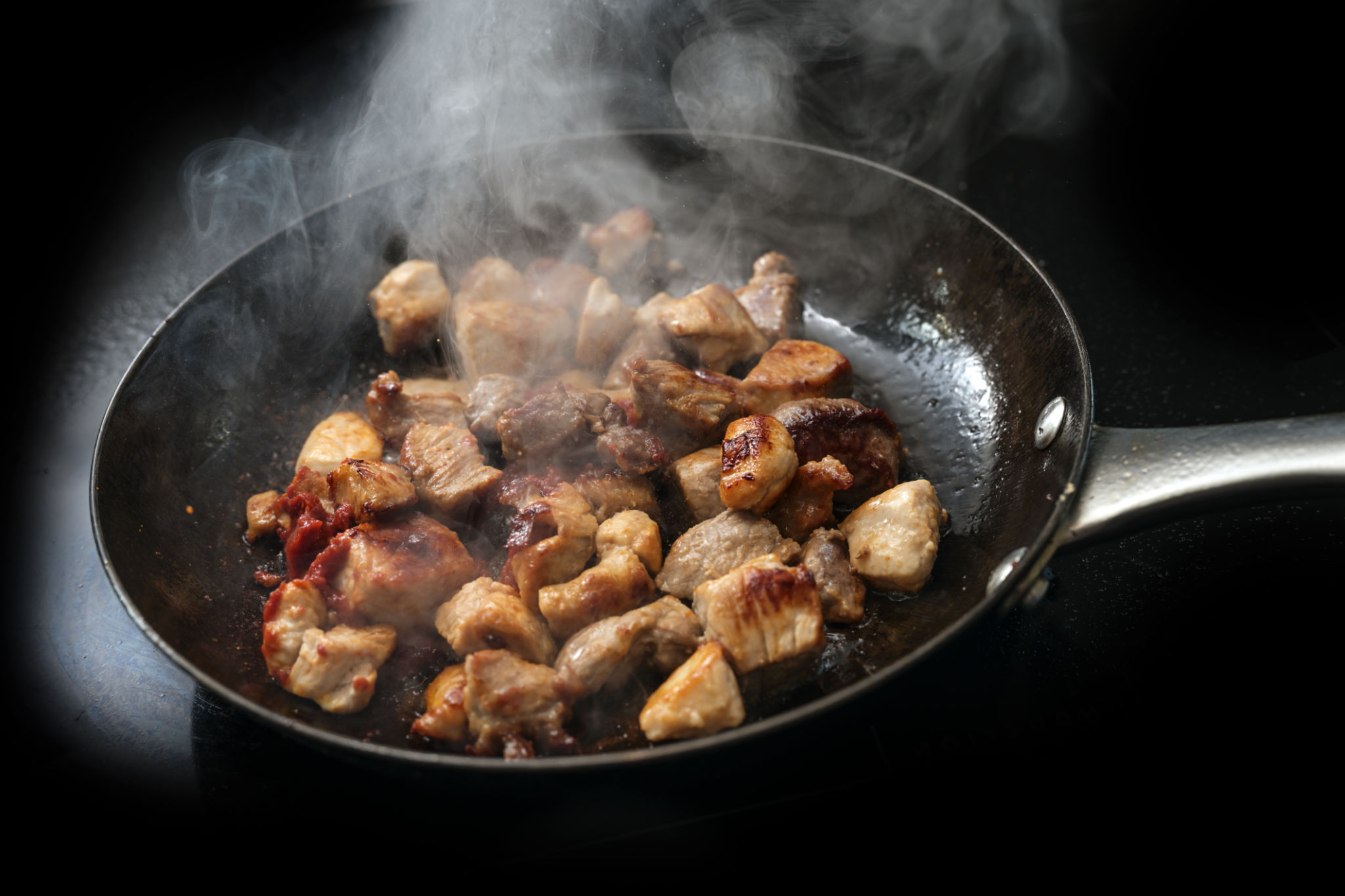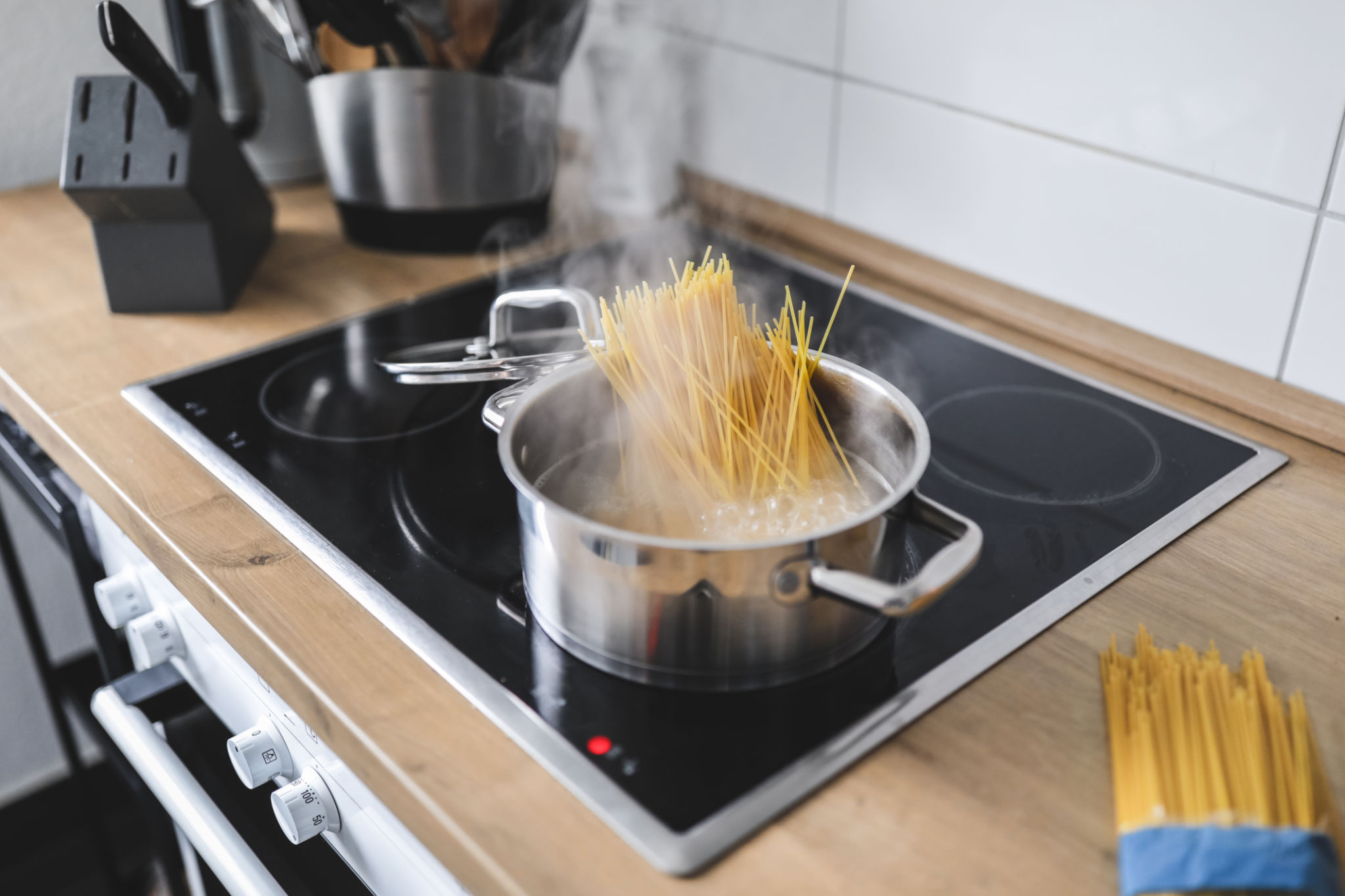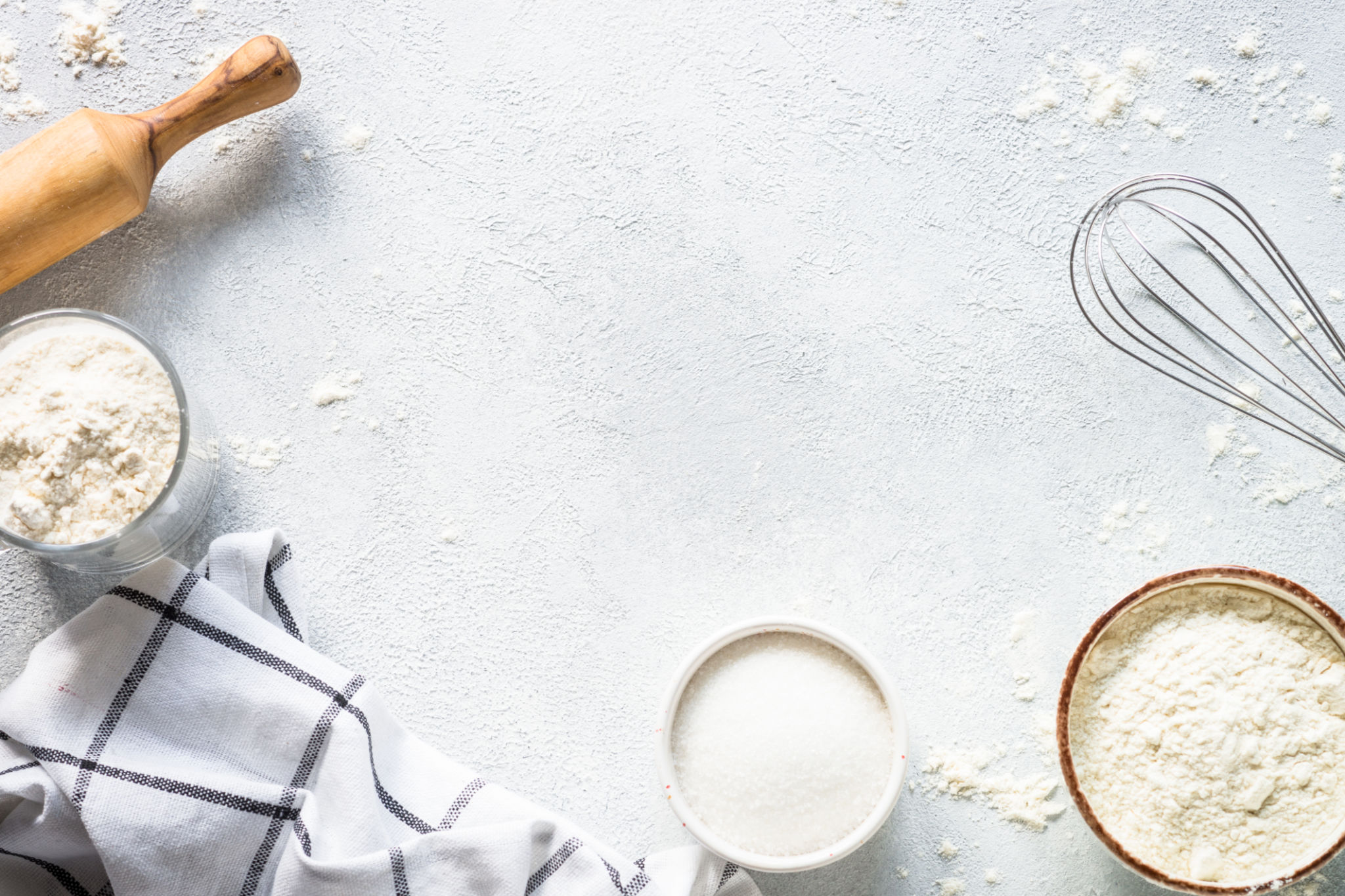Debunking Cooking Myths: What You Need to Know
Cooking is an art, but it's also surrounded by a plethora of myths that can confuse even the most seasoned chefs. Whether you're a beginner or a culinary expert, understanding the truth behind these myths can enhance your cooking skills and improve your kitchen experience. Let's dive into some common cooking myths and unveil the facts.
The Myth of Searing Meat
One of the most pervasive myths in cooking is that searing meat locks in its juices. In reality, searing does not seal moisture inside the meat. Instead, it creates a flavorful crust that enhances the overall taste. The Maillard reaction, which occurs when meat is seared, is responsible for developing those delicious, complex flavors.

To keep your meat juicy, focus on cooking it to the right temperature and allowing it to rest after cooking. This resting period allows the juices to redistribute throughout the meat, ensuring a moist and tender result.
Oil and Pasta: A Slippery Slope
Many people believe that adding oil to pasta water prevents the noodles from sticking together. While it might seem logical, this practice can actually do more harm than good. The oil floats on top of the water and may coat the pasta as you drain it, making it difficult for sauces to adhere properly.

Instead of adding oil, ensure you use plenty of water and stir the pasta occasionally during cooking to prevent sticking. This simple step will help you achieve perfectly cooked pasta every time.
Salt in Baking: Friend or Foe?
Another common misconception is that salt has no place in baking. However, salt is an essential ingredient in baking as it enhances flavors and helps balance sweetness. Omitting salt can lead to bland and flat-tasting baked goods.
- Enhance flavor: Salt intensifies the flavors of other ingredients.
- Strengthen dough: It contributes to the structure of baked goods.
- Control yeast activity: In bread-making, salt helps regulate yeast fermentation.

While it's important not to overdo it, a pinch of salt can make a significant difference in your baking results.
The Truth About Alcohol Evaporation
A popular myth is that all alcohol burns off during cooking. While heat does cause some alcohol to evaporate, a significant amount can remain in the dish. The amount of alcohol that evaporates depends on cooking time and temperature.
If you're concerned about alcohol content, consider using alternatives like broth or fruit juice in your recipes. For those who enjoy the flavor alcohol imparts, be mindful of cooking times to ensure the desired balance is achieved.
Tasting as You Cook
Lastly, never underestimate the power of tasting your food while cooking. Some believe it's unnecessary or even harmful to sample food before it's finished. However, tasting allows you to adjust seasonings and ensure the dish develops as intended.

Remember that recipes are guides rather than strict rules. Use your taste buds as a tool to refine and perfect your dishes, ensuring they meet your personal preferences.
By debunking these common cooking myths, you can elevate your culinary skills and enjoy a more rewarding kitchen experience. Keep experimenting, stay informed, and let your creativity shine in every dish you prepare!
